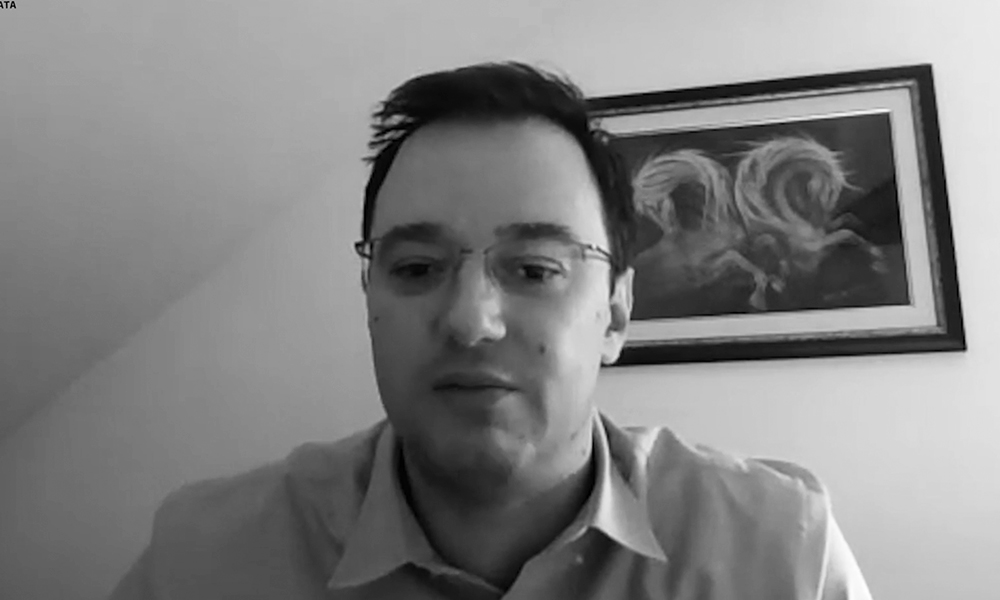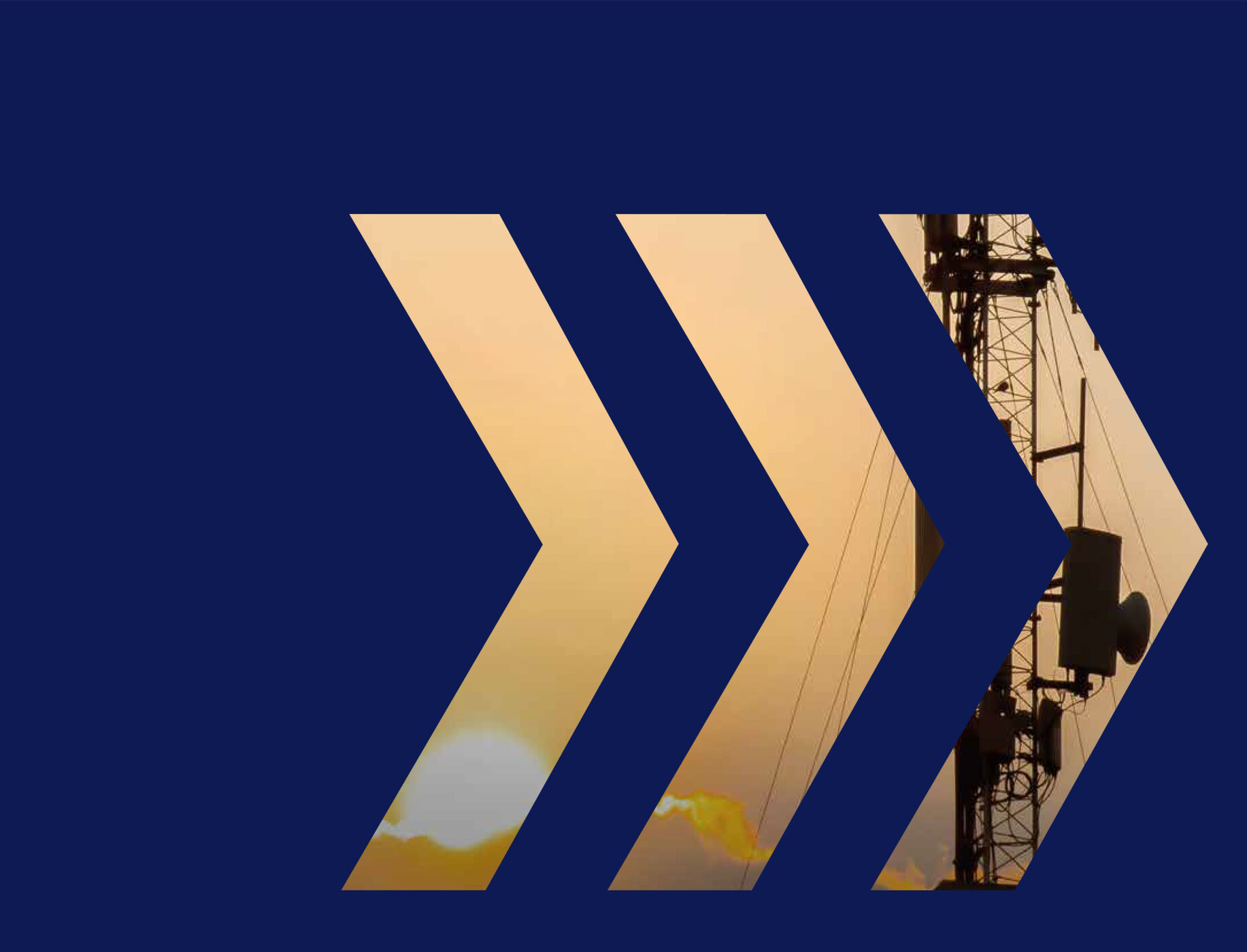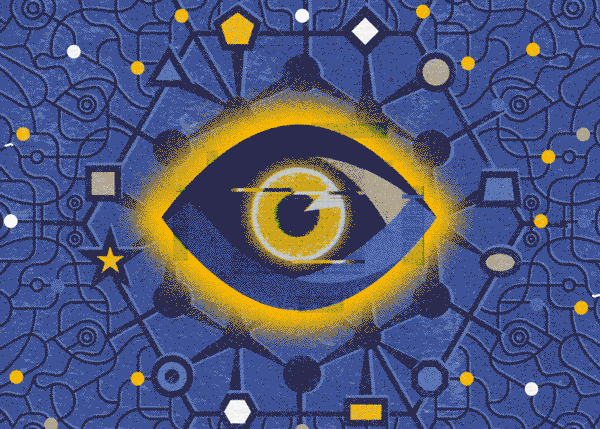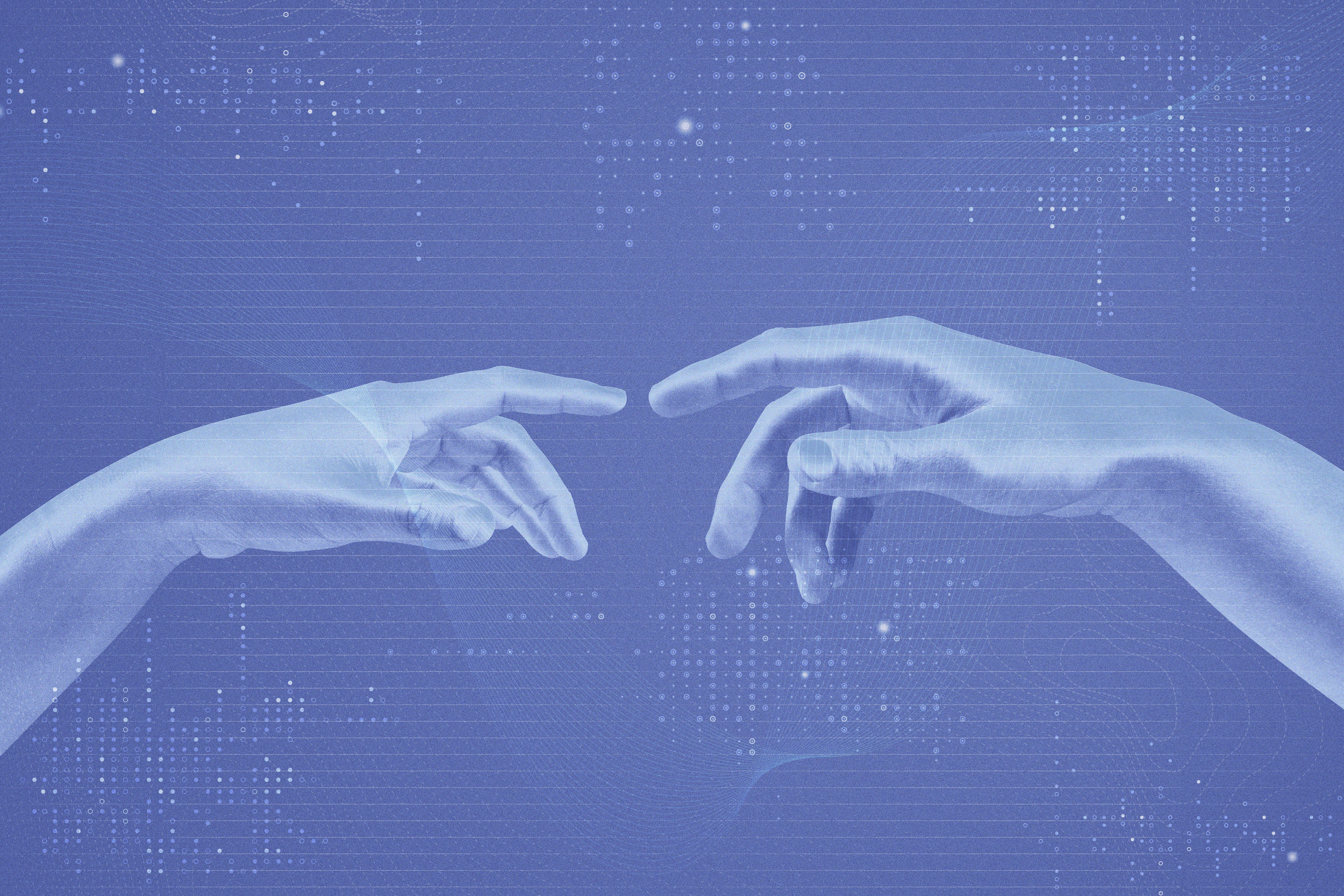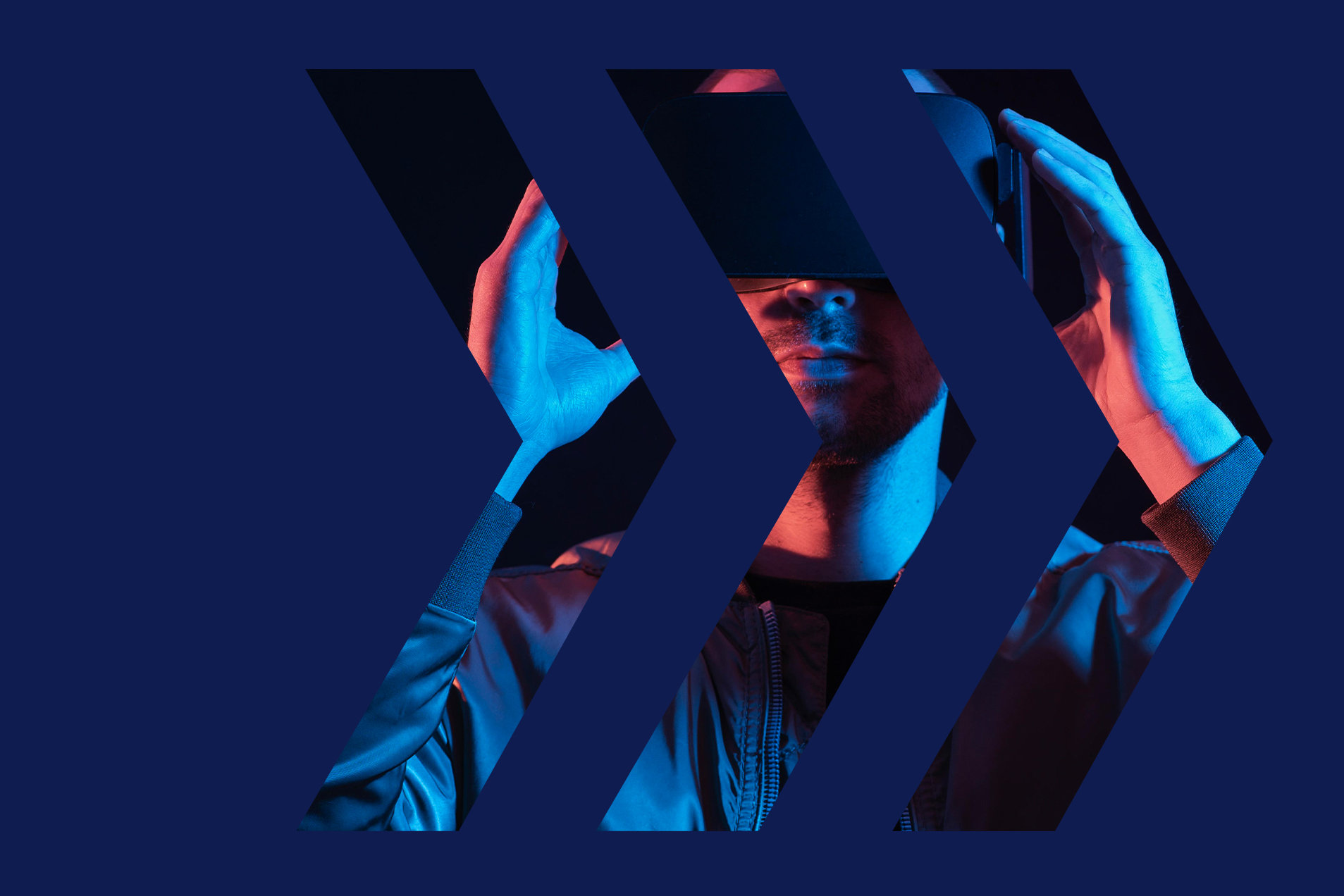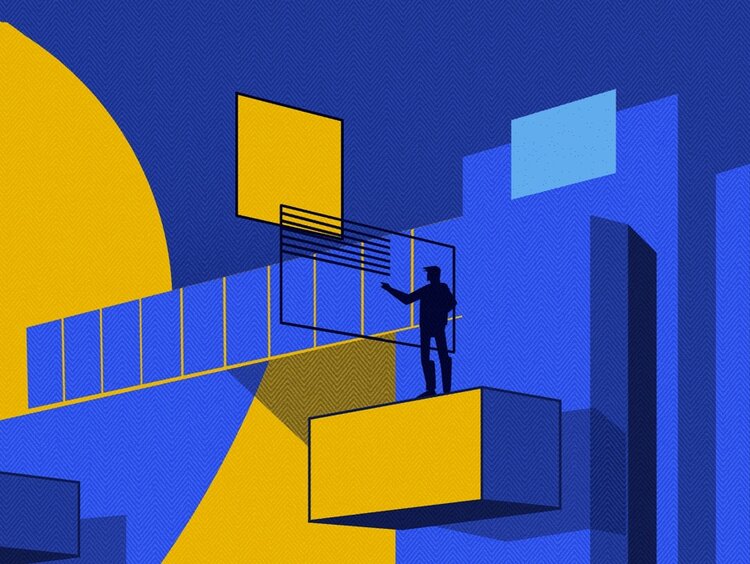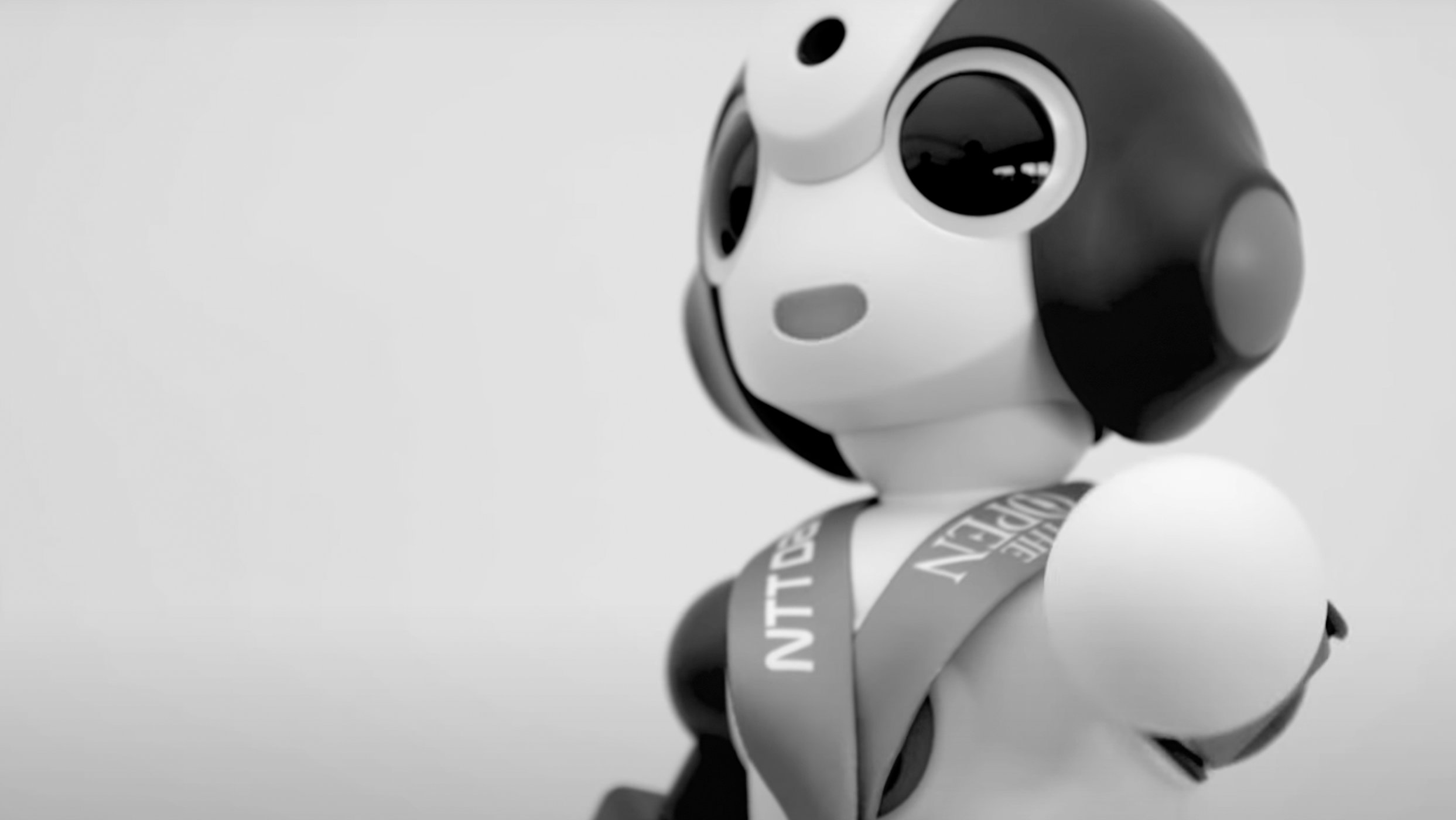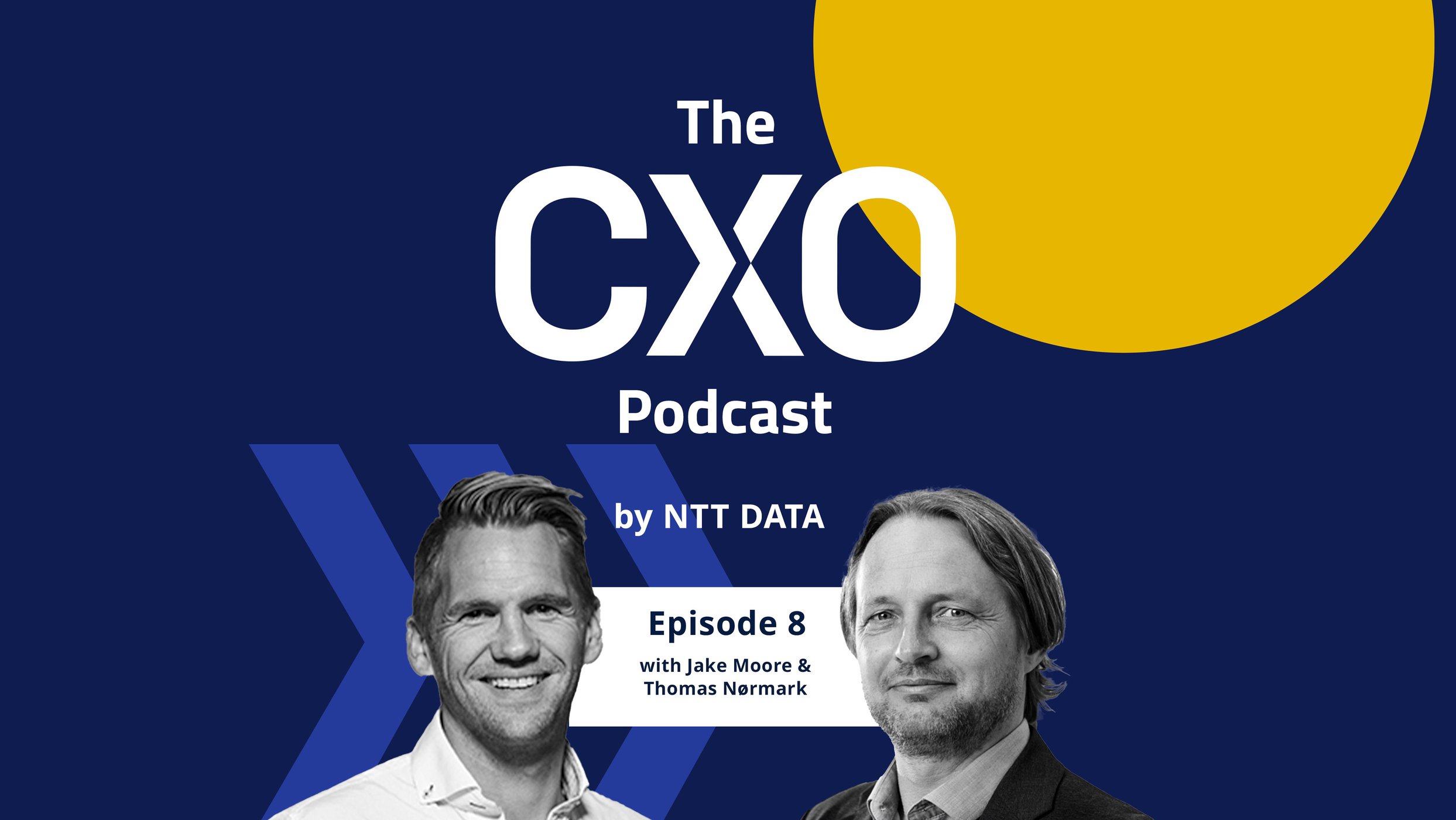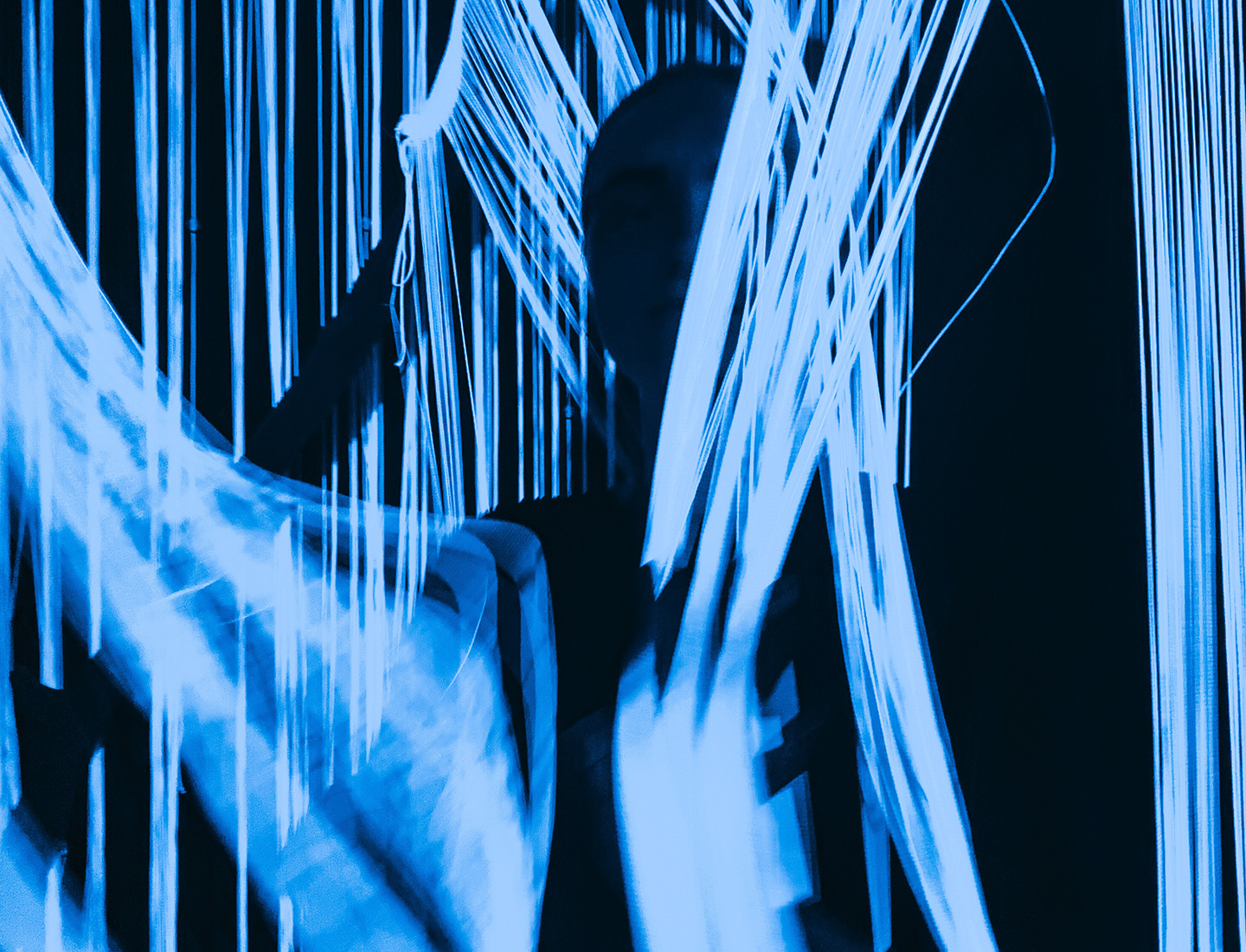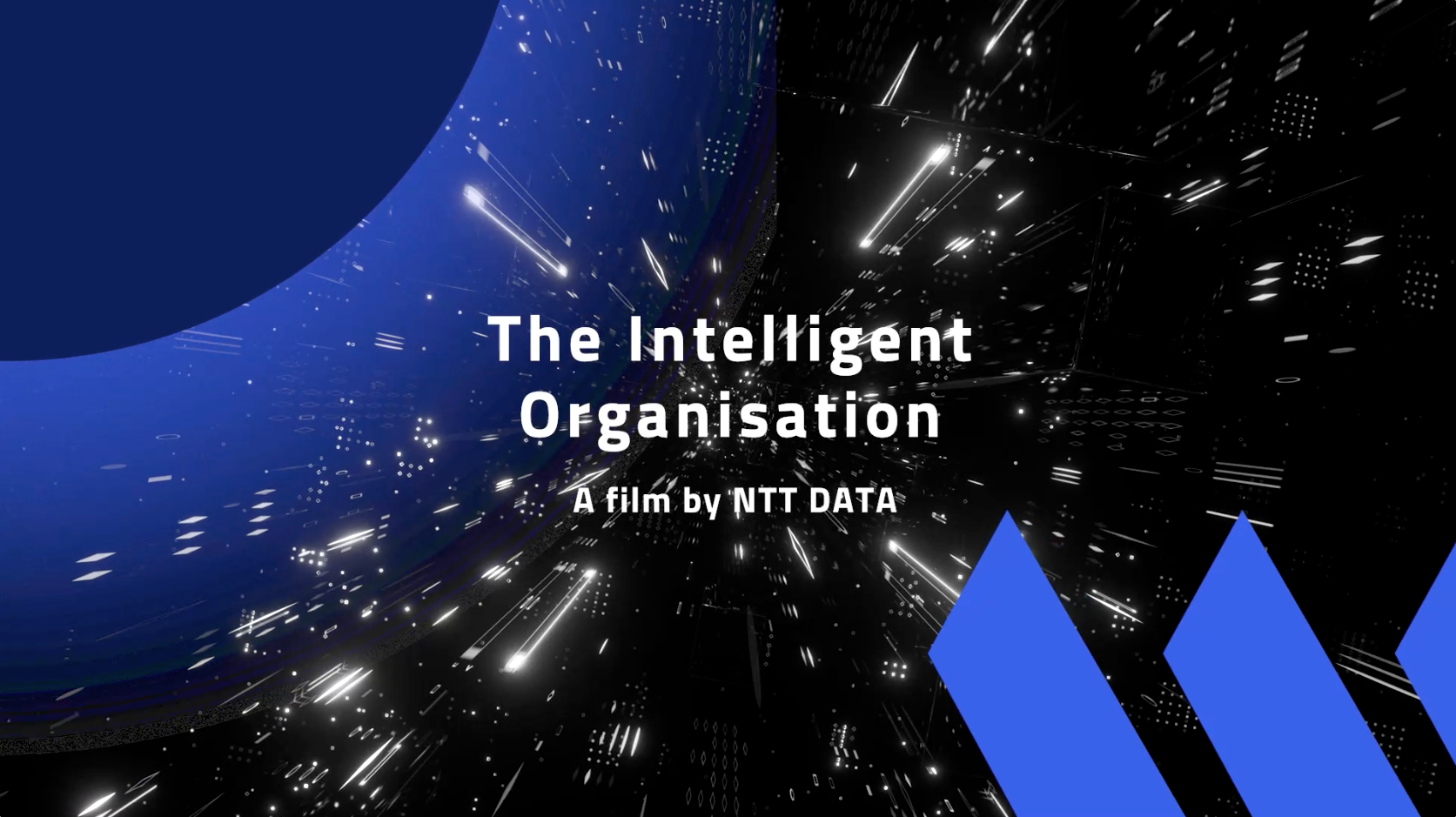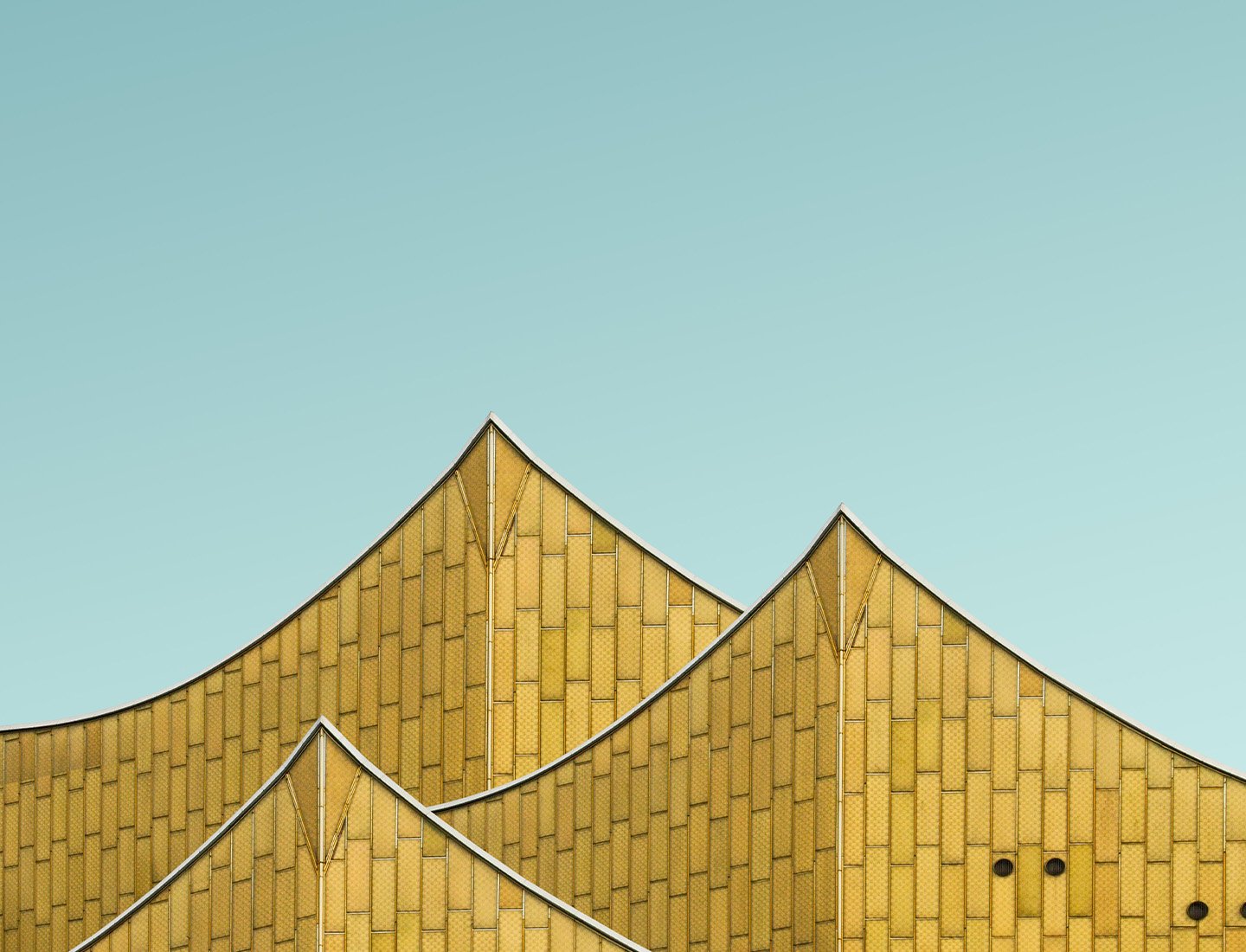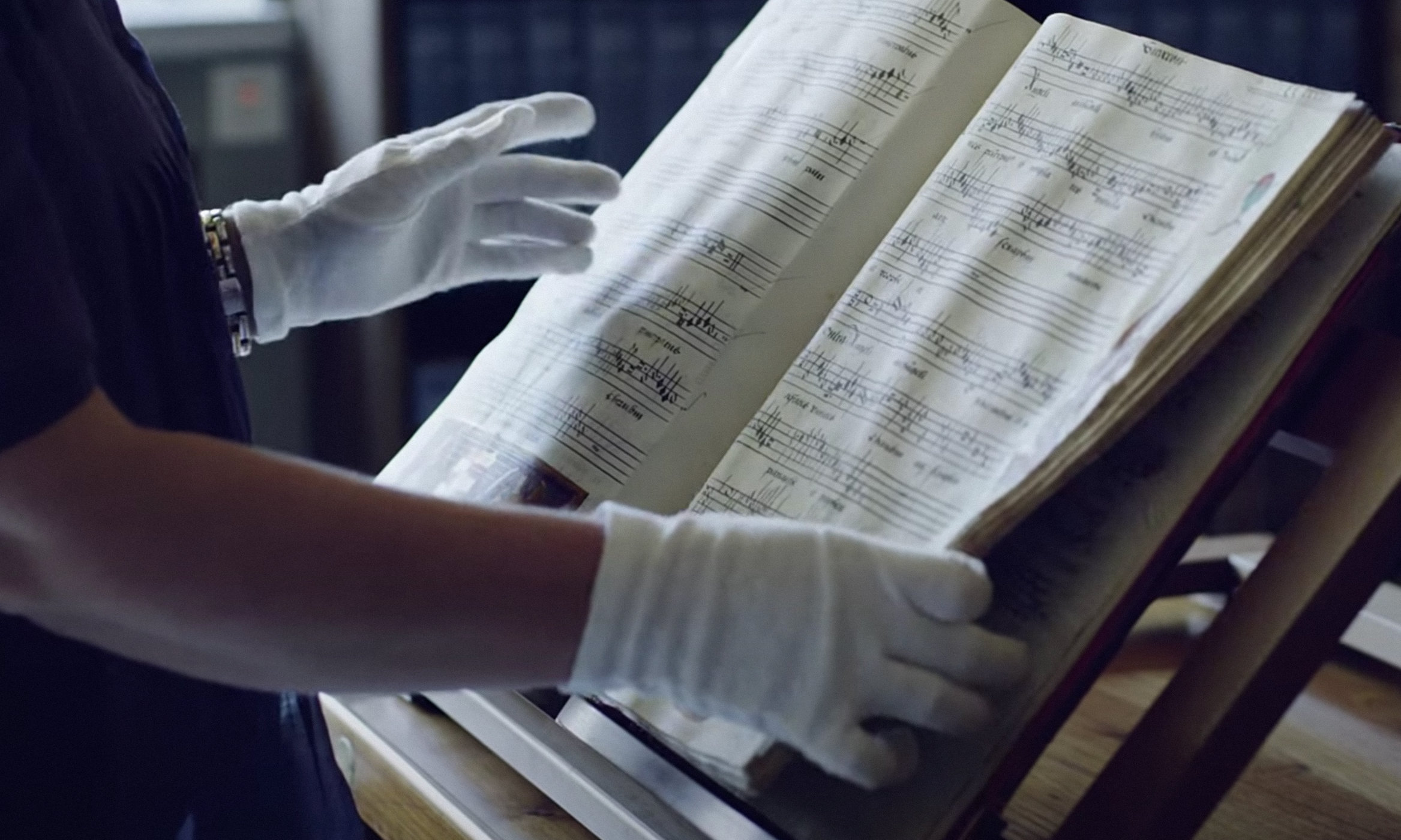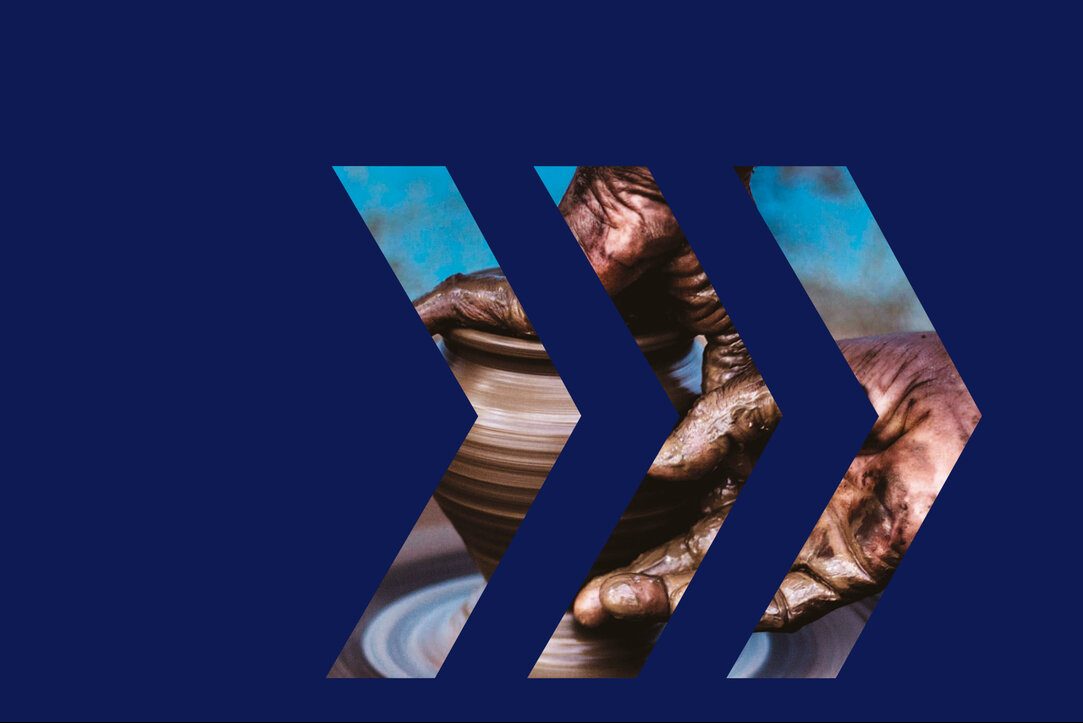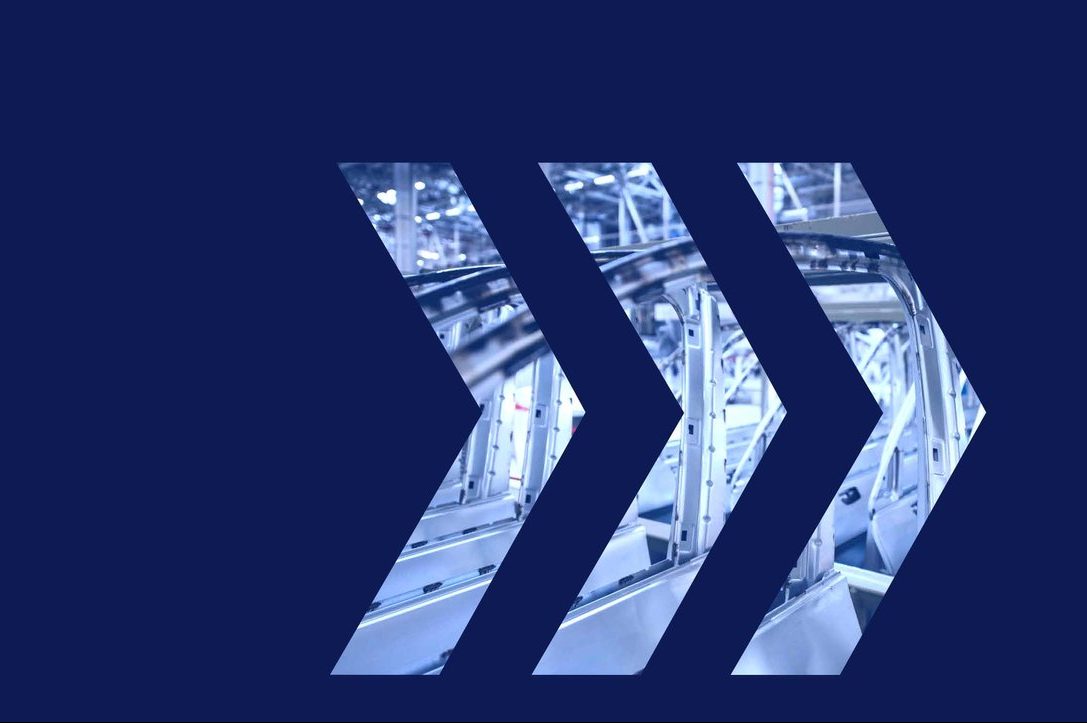
Photograph: Nick Reynolds/Unsplash
As technology advances, we see business models rise, fall and pivot. To proactively adapt to the disruptive shifts that technology prepares for us, we need to foreshadow how the newest tech capabilities will influence society and the direction in which society is heading.
Here, it is useful to consider the paradigm shifts in industry, from agricultural to industrial to the information age. We refer to our current business environment as Industry 4.0, the fourth industrial revolution born from digital technology.
This is taken a step further with the Japanese concept Society 5.0, which encapsulates the idea of addressing societal problems – inequalities, ageing population – with advanced digital technology. In essence, a super-smart society.
It is natural to consider then, what will the next version of society look like?
The journey of the music industry: an analogy
The music industry offers a rich example of how seismic shifts occur in conjunction with the latest tech innovations. Let’s take a brief journey through the analogue-to-digital evolution that happened in music.
The 1970s
This was the analogue age when music is recorded mono, on compact cassette tape, and distributed manually through physical agents (record shops).
The 1980s
Early digital, when music is recorded stereo on CDs and still distributed manually through record shops.
The 1990s to 2008
The full shift to digital, when music is recorded by a mix of very expensive analogue hardware and limited software. Publishing is 20% online.
2009-2019: Versioning Up
Thinking about this time in the music industry in terms of the Industry 4.0 model, we can see the incremental iterations that bridge the gap from the digital 4.0 to ‘the new digital’ 5.0. For example:
4.1: Digital transition starts incapacitating the conventional music distribution business models: buying hard-copy albums vs playing them on iPods. E-stores and wearables emerge.
4.2: Affordable production software and hardware are now available. Music production becomes accessible outside professional, expensive studios.
4.3: E-commerce expert services become available for a slightly broader audience: smaller artists willing to invest in their own distribution.
4.4 to 4.7: Production software works on any software and e-commerce websites become available to anyone with a small budget. Online music sales surpass 60% of music publishing.
4.8: Rise of YouTube starts the shift from online stores to streaming-based monetisation.
4.9: Large subscription-based streaming platforms like Spotify make this shift complete, and wide user adoption renders the e-shops model inactive.
2020: The New Digital
As we move into Society (and Industry) 5.0, how does this look for music artists and distributors? Now, production software is cloud-based, and most plugins are online and subscription-based: anybody can make a hit song with a laptop. Online streaming platforms have billions of users, making these the main platforms for marketing and distribution. And highly intelligent web-wide systems can automatically detect copyright infringements on tunes and songs.
The music industry offers a rich example of how seismic shifts occur in conjunction with the latest tech innovations.
From the impact technology has had on the music industry and its conventional business models, we can extrapolate to generally conclude three main cultural trends, driven by the evolution of technology:
Agent monopoly shifts toward general access.
Services replace products.
Innovation based on new cultural needs drives new revenue models.
This timeline clearly shows an overall tendency for society to connect in a network-based but decentralised manner. And as music and culture are so strongly connected, the odyssey of this specific industry is ideal for observing the shifting needs of a growing society.
Chicken or egg?
So which came first, the tendency towards a networked ecosystem or the technology that allowed it? In a way, both are true: as technology evolved, so did new business models. We needed simpler, smarter solutions for old needs. But equally, more advanced technology made us ‘dare to dream’, so to speak.
The most interesting thing to be observed in the music/society analogy is how all three actors of this business triangle (artists, label companies and listeners) behaved in this shift, created by the rise of new technology:
Artists gained independence through producing, managing, and distributing their own music with minimal costs; the needs of software production created a new industry.
Label companies lost a lot of leverage and monopoly in the digital tide, but those who partnered with streaming platforms and engaged more services held their offline influence.
Listeners got more freedom and choice and developed new needs and service standards based on new possible features (subscription streaming, music taste-detecting mechanisms and so on).
This is the most beautiful thing about technology: as it emerges, it creates new industries, which give rise to new skills, business models and ways to connect.
Each of the three personas developed new needs. Every new need created a new industry. This is the most beautiful thing about technology: as it emerges, it creates new industries, which give rise to new skills, business models and ways to connect.
Seeing what is around the corner
A CEO’s job is to foresee these emerging industries by analysing today’s new needs against the technology of tomorrow.
What can the analogy of the music industry tell us about where society’s culture is headed?
Like the artists, entrepreneurs now have more-affordable-than-ever technology to start businesses and innovate based on new needs. They will need smart tools to analyse large amounts of data and formulate valuable conclusions quickly based on behaviour patterns.
Like the label companies, corporations and governments have lost monopoly as the markets became more fragmented, and are now obliged to offer more citizen-centred services.
Like the listeners, consumers have more to choose from and thus have higher standards than ever. Their new needs require new technologies to replace conventional ones with better, simpler solutions.
A glimpse of the future
Observing these tendencies, either by industry or over society’s general cultural direction, a glimpse of the next version of society, Society 6.0, emerges.
In the music industry example, label companies who did not shift their business models from online shops to streaming lost a lot of money after 2010. They were obliged to immediately make the change because consumer demand meant no other viable alternative for business continuity. The winners were the ones who could see in the early 2000s that the model would shift from stores to streaming and prepared ahead. This example teaches us that organisations can prepare for Society 6.0 by investing in 5.0 more. After all, there’s only one way to go.
Like the label companies, corporations and governments have lost monopoly as the markets became more fragmented, and are now obliged to offer more citizen-centred services.
As society evolves from our current cultural experience to that of Society 5.0 in the near future, so do our needs. Innovation in this new context means accurately identifying behavioural and social needs that accompany, precede or follow emergent technologies.
Conventional technologies can only go so far. R&D departments must now cleverly combine the use of cutting-edge technologies and customer insight to solve the new needs arising from using today’s tech, or replace them with better alternatives.



